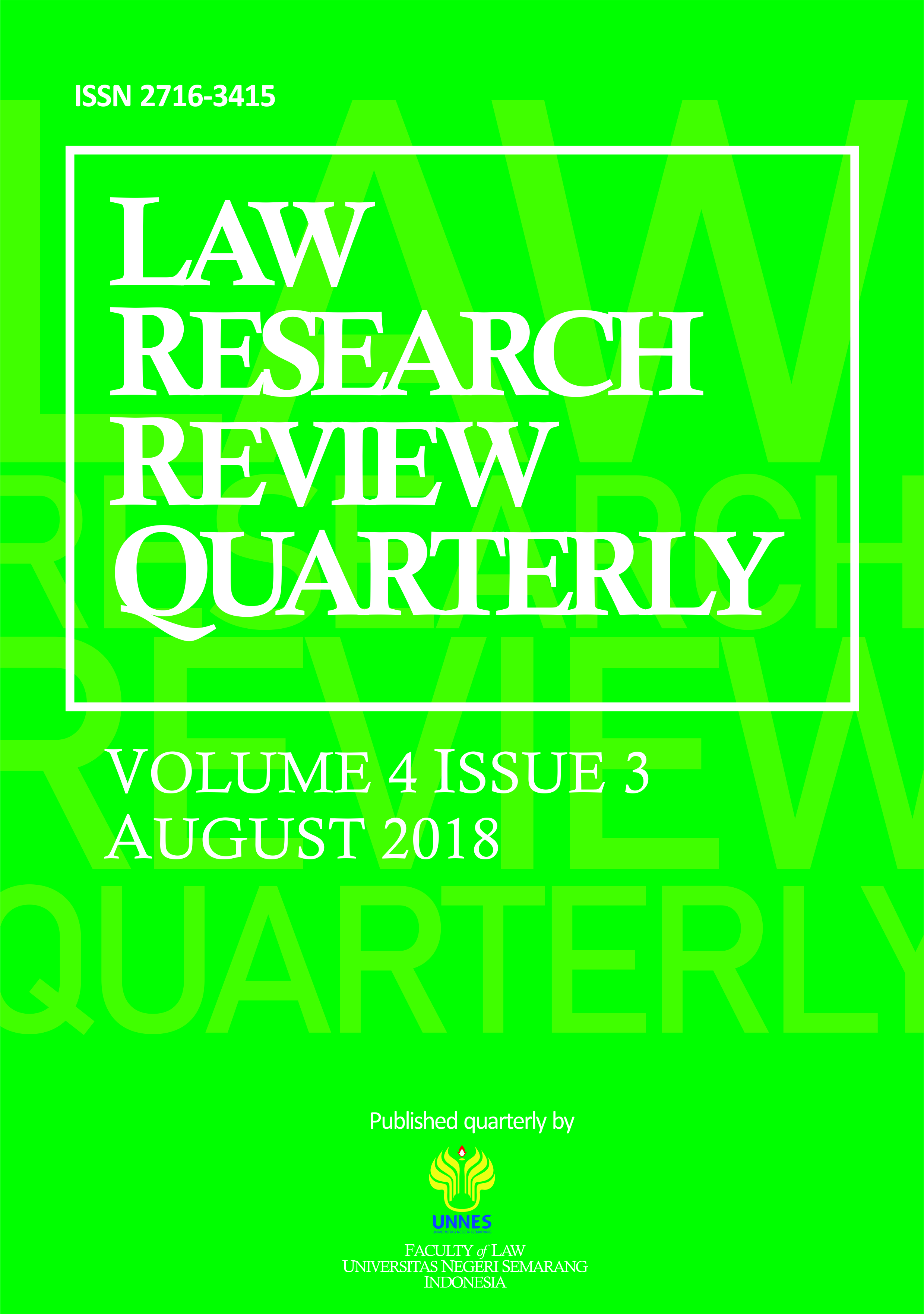Caring for Democratic Attitudes and Behavior Through Political Education
Main Article Content
Abstract
Democracy in Indonesia can be seen as a mechanism and ideals of life of the Unitary Republic of Indonesia. The journey of democracy in Indonesia cannot be separated from the role and support of Pancasila which is considered to have a very important role for every element that grows in this country. The Pancasila which we have agreed upon as the philosophy of national life (Philosophy Grondslag) and the ideology of the Indonesian people is able to provide the confidence of this nation to continue to exist until now. The Indonesian people have always consistently applied the value of Pancasila in a simple, dynamic way and not only applied in a state context. At the village community level, they are familiar with the teachings of genuine Indonesian democracy. For example, village deliberation activities have given us the view that we have a native culture of the nation such as holding meetings to reach consensus, mutual cooperation, holding protests against the arbitrariness of leaders and opposing excessive power. In upholding the principle of democracy as a system of social life is very dependent on the elements that support democracy itself. At present the relevant elements in upholding democracy are the concept of the rule of law, civil society, political infrastructure and a free and responsible press. However, there are other ways to care for the principle of democracy so that it can provide benefits to the lives of the Indonesian people, namely through Political Education.
Article Details
All writings published in this journal are personal views of the authors and do not represent the views of this journal and the author's affiliated institutions. Author(s) are retain the copyrights of the Article. However, before publishing, it is required to obtain written confirmation from Author(s) in order to ensure the originality (Author Statement of Originality). The statement is to be signed by at least one of the authors who have obtained the assent of the co-author(s) where applicable.This work licensed under a Creative Commons Attribution-ShareAlike 4.0 International (CC BY-SA 4.0)
References
Abdul aziz hakim. (2011). Negara hukum dan demokrasi diindonesia. Pustaka Pelajar: Yogjakarta.
Titik Triwulan Tutik. (2011). Kontruksi hukum tata negara indonesia pasca amandemen UUD 1945. Kencana: Jakarta.
Teguh Purnomo, Sukarno. (2016). Mengawal Demokrasi Dengan Ikhlas. Pustaka Pelajar: Yogyakarta
JURNAL
Mashuri. (2014). Partisipasi Masyarakat Sebagai Upaya Pembangunan Demokrasi, Menara Riau : Jurnal Kewirausahaan , Vol 13, No.2, Juli - Desember 2014, hlm. 182
Nur Chayati, Eko Supriyanto, dan M. Yahya.(2015). Pengelolaan Pembelajaran Sikap Demokratis Di SMP Muhammadiyah 1 Kartasura, Jurnal Pendidikan Ilmu Sosial, Vol 25, No.2, Desember 2015, hlm. 21
Soenarjo. (2013). Membangun Kehidupan Demokrasi Melalui Pendidikan Kewarganegaraan, Citizenship: Jurnal Pancasila dan Kewarganegaraan Volume 1 Nomor 2, 2013, hlm. 112
DATA ELEKTRONIK
https://musniumar.wordpress.com/2011/12/07/817/, ditelusuri pada tanggal 5 November 2018.
http://kupang.tribunnews.com/2018/07/07/memaknai-demokrasi-dalam-praktik?page=all, ditelusuri pada tanggal 5 November 2018.
http://blogryanbentar.blogspot.com/2013/10/makalah-perilaku-budaya-demokrasi-dalam.html, diakses tanggal 6 November 2018.
https://www.kompasiana.com/fiqydhealentera/57bd42b2ae7e612e142aa3e1/pendidikan-politik-pentingnya-pendidikan-politik-dalam-masyarakat, diakses tanggal 6 November 2018.
https://www.academia.edu/8610684/Peranan_Pendidikan_Politik_Dalam_Membentuk_Kepribadian_Kesadaran_Dan_Partisipasi_Politik_Masyarakat_Sebagai_Upaya_Mewujudkan_Kebaikan_Bersama, diakses tanggal 6 November 2018.
